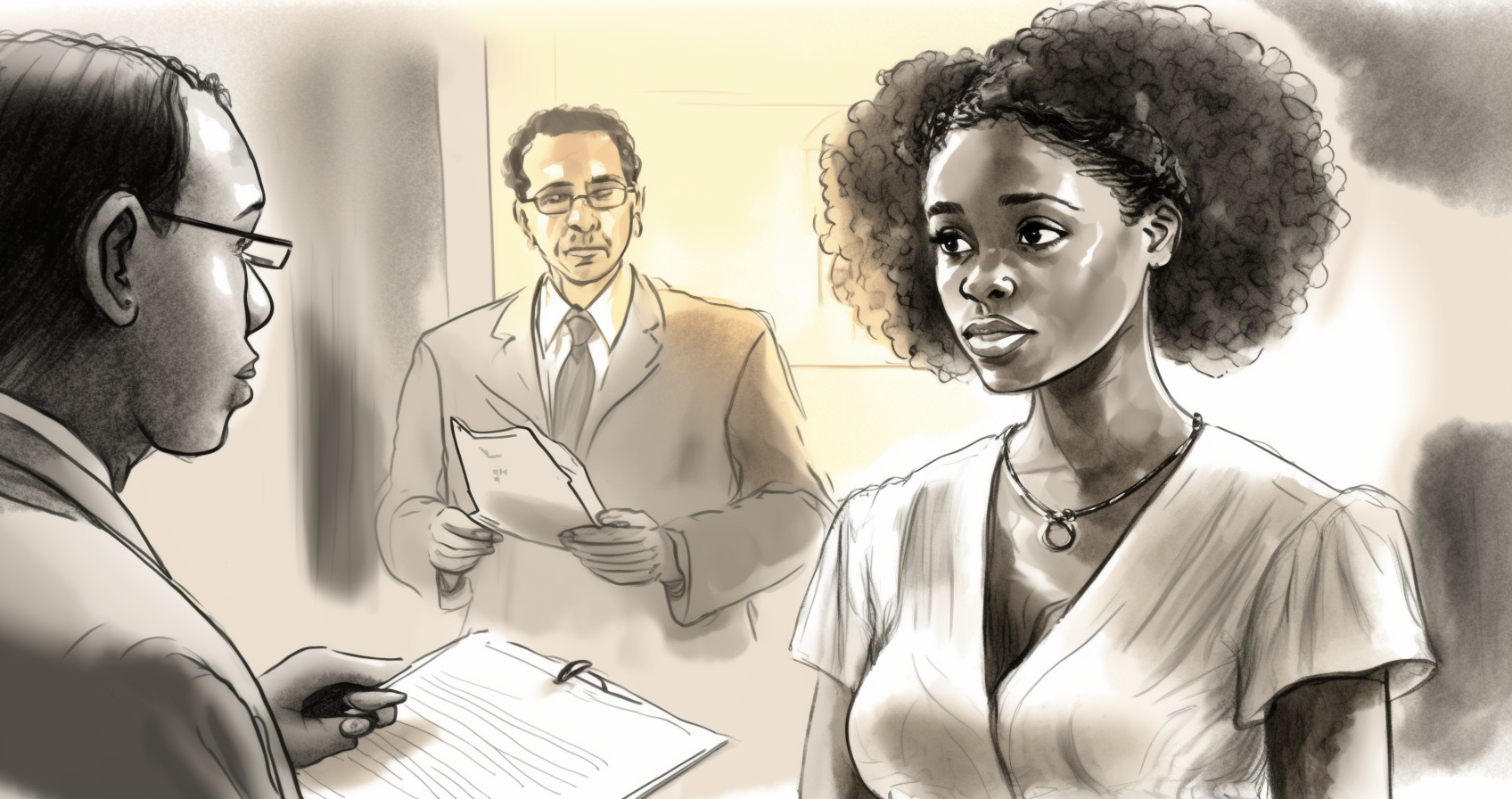
For generations, hair relaxers have been popular among women aiming to straighten naturally curly hair. However, recent research has brought to light the potential health risks associated with these products. It’s crucial to understand the steps after a hair relaxer cancer diagnosis to ensure you’re informed and protected.
If you or a loved one has received such a diagnosis due to prolonged relaxer use, know that options exist to pursue justice and accountability. Standing up for your rights becomes easier when you’re equipped with the right knowledge.
Thoroughly gather any documents related to your hair relaxer use history and medical records. Then, consult an attorney knowledgeable in product liability law to professionally review your case. An expert can advise you on the best next steps after a hair relaxer cancer diagnosis based on your situation and options.
Connect with advocacy groups like People’s Justice for guidance securing experienced legal representation. By staying up to date on emerging lawsuits, you can gauge possible avenues to seek fair compensation.
Hair relaxers utilize potent chemicals like lye, no-lye, or other caustic agents to permanently rearrange hair bonds and straighten curls. Yet growing concerns suggest that toxic ingredients may be absorbed over years of use and exposure.
Studies have identified possible carcinogens in popular relaxer formulas, including chemicals like formaldehyde. While more definitive research is still needed, these early safety signals warrant caution for those who have used straightening products frequently.
Proving cancer caused by consumer products like hair relaxers can be a complex legal challenge. However, by sharing your unique story, you bring needed focus to the issue. Pursuing fair compensation also puts public pressure on manufacturers that may have neglected safety.
By understanding and exercising your steps after a hair relaxer cancer diagnosis, you not only fight for yourself but also raise awareness. Banding together can enact change so other women facing similar diagnoses do not feel alone.
I advise all women limit use of chemical hair products with questionable safety data. And undergo regular cancer screening – early detection greatly improves outcomes. Those who have used straightening relaxers extensively should be especially proactive with testing based on emerging risk factors.
For those unfortunately diagnosed, immediately look into your rights and steps after a hair relaxer cancer diagnosis. Connect with legal experts in injury law representing victims of harmful consumer products. And consider joining class actions to add your voice. By sharing your experience, you can drive the reform needed to hold manufacturers more responsible for our health and safety.
Posted by People's Justice